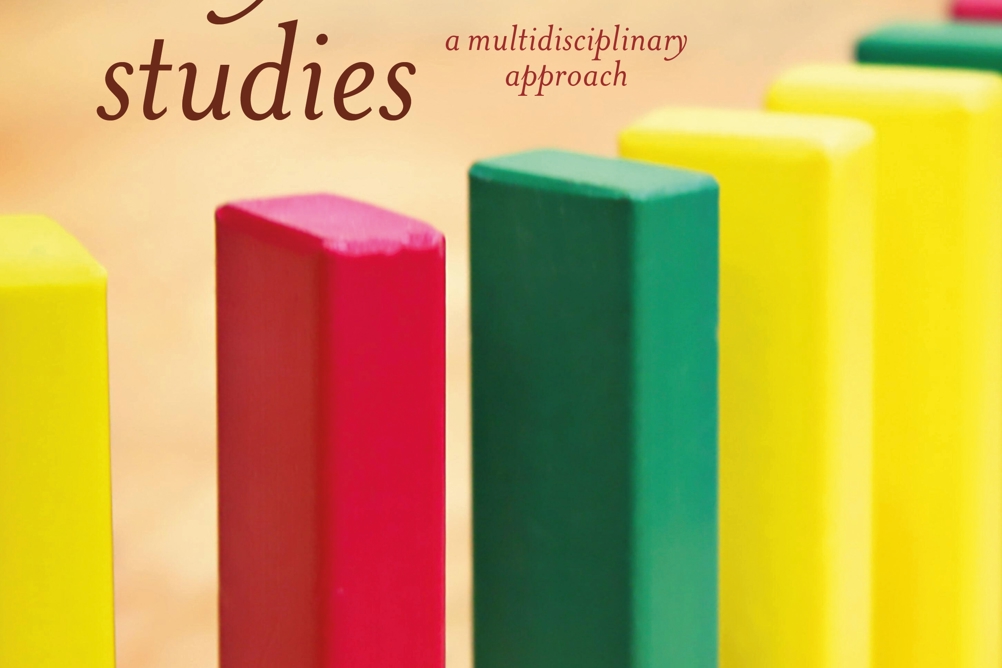
Jenny Willan, author of this eclectic collection of information, bases her book on what the early years educator is expected to know. Her message is underpinned by a widespread and detailed body of data on childhood studies, which is almost second-to-none.
But herein lies a potential weakness: attempts at writing all-encompassing accounts of vocational and academic value can fall short of what they set out to do and are often guilty of spawning an overworked bedrock of knowledge where understanding is glib and superficial. However, to put this kind of criticism exclusively at the door of Willan’s contributions would be churlish.
This book is the second edition of one published in 2017. Willan, as a seasoned lecturer and researcher, provides an up-to-date, accessible and critical account that is of particular value to the student of early childhood studies.
Register now to continue reading
Thank you for visiting Nursery World and making use of our archive of more than 35,000 expert features, subject guides, case studies and policy updates. Why not register today and enjoy the following great benefits:
What's included
-
Free access to 4 subscriber-only articles per month
-
Unlimited access to news and opinion
-
Email newsletter providing activity ideas, best practice and breaking news
Already have an account? Sign in here









